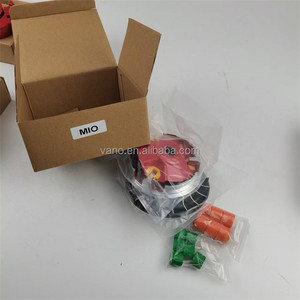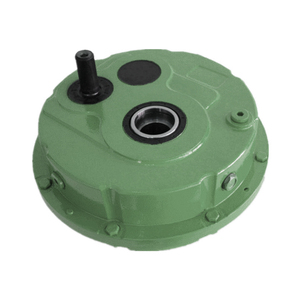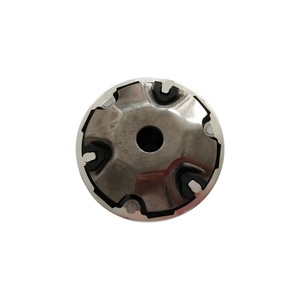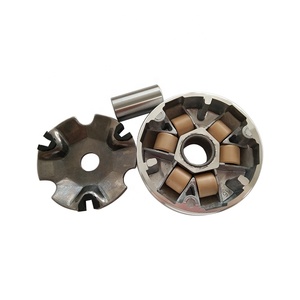Introduction to Variators
A variator is an essential component in various mechanical and automotive systems, which allows for smooth changes in speed and torque. It operates by adjusting the gear ratio dynamically, ensuring that the engine operates efficiently regardless of the load or driving conditions. This capability makes variators a popular choice in vehicle transmissions, scooters, and many industrial applications.
Types of Variators
Variators come in several types, each designed for specific applications and performance needs:
- Automatic Variators: These systems continuously adapt the gear ratio without driver intervention, providing seamless acceleration. Commonly used in modern automatic transmissions.
- Variomatic Transmissions: A type of automatic variator that utilizes a belt and pulley system for efficient power delivery, often found in scooters and small vehicles.
- Torque Converters: Similar to variators, these devices use fluid dynamics to manage the engine’s torque, famously used in automatic cars for better performance.
- E-Variators: Electronic variators leverage sensors and control units to adjust settings dynamically, commonly found in hybrid and electric vehicles.
Function and Features of Variators
The primary function of a variator is to modulate the vehicle's output for optimal performance and efficiency. Key features include:
- Continuously Variable Ratio: Unlike traditional gears that offer fixed ratios, variators can smoothly transition through an infinite number of effective gear ratios.
- Enhanced Fuel Efficiency: By optimizing the engine's RPMs, variators reduce fuel consumption and emissions, making them environmentally friendly choices.
- Improved Acceleration: The seamless transitioning of power leads to better acceleration and responsiveness, enabling an enjoyable driving experience.
- Reduced Mechanical Wear: By maintaining the engine at its optimal RPM, variators decrease strain on mechanical components, prolonging their lifespan.
Applications of Variators
The versatility of variators allows them to be used across a wide range of applications:
- Automotive Industry: Predominantly in automatic transmission systems, enhancing the driving experience by providing smooth transitions in power delivery.
- Scooters and Motorbikes: Variomatic systems are standard in scooters, providing ease of use and an efficient riding experience.
- Heavy Machinery: Used in construction equipment, variators ensure that these machines can function effectively across diverse working conditions.
- Electric Vehicles: E-variators are increasingly employed in electric and hybrid vehicles due to their ability to optimize performance while being energy-efficient.
Advantages of Using Variators
Opting for variators in mechanical and automotive systems comes with numerous advantages:
- Smooth Operation: The primary advantage is the smoothness and comfort in driving, providing a more enjoyable experience for users.
- Adaptable Performance: Variators automatically adjust to changing driving conditions, ensuring optimal engine performance at all times.
- Less Maintenance: Fewer moving parts compared to traditional gearing systems typically result in lower maintenance costs and increased reliability.
- Environmental Benefits: With improved fuel efficiency, variators contribute to lowering carbon footprints, making them a more sustainable choice for drivers.











































































































































































